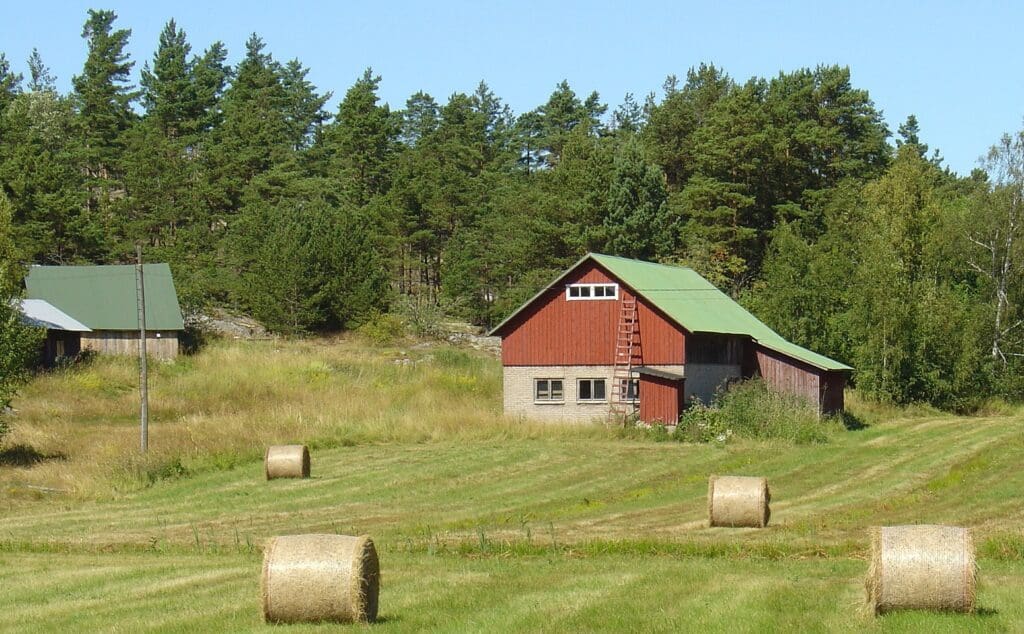You’ve probably heard about link farming before – the shady practice of building excessive links to boost your website’s SEO.
But just how much of what you’ve heard is true, and how much of it is based on myths and misconceptions?
In this blog post, we’ll unravel the truth behind link farming, debunk common myths, and shed light on why it’s considered bad for SEO.
Plus, we’ll explore better ways to build white hat links that can genuinely benefit your website’s ranking.
What is Link Farming?
Link farming is a term used to describe the practice of creating or participating in networks of websites with the sole purpose of linking to one another.
These networks, often referred to as “link farms,” aim to manipulate search engine algorithms and improve the rankings of the websites involved.
Did Link Farming Ever Work?
Yes, link farming did work in the early days of search engines when their algorithms were less sophisticated.
At that time, search engines relied heavily on the quantity of links pointing to a website to determine its relevance and authority.
This created an opportunity for unscrupulous webmasters to exploit the system by building large numbers of low-quality links through link farming.
However, search engines have come a long way since then.
They’ve developed complex algorithms that evaluate the quality and relevance of links, as well as the trustworthiness of the websites they come from.
This means that the tactics that once worked with link farming are now not only ineffective but can also lead to severe penalties.
Why Link Farming is a Bad SEO Tactic
Now that we’ve covered the basics, let’s review why it’s a terrible idea to engage in link farming practices.
High Risk of Google Penalties
One of the biggest reasons link farming is bad for SEO is the risk of Google penalties.
Google has strict guidelines against manipulative link-building practices. When your website is associated with link farms, it can result in penalties that harm your rankings.
The concept of “link neighborhood” is a great metaphor for how Google handles this. If your website has a poor neighborhood (i.e. group of domains linking to you), it will in turn affect you negatively.
Low-Quality Links
Link farms are known for producing low-quality, irrelevant links.
These links not only fail to boost your SEO but can also damage your website’s reputation.
Short-Term Gains, Long-Term or Permanent Losses
Even if you manage to see a temporary improvement in rankings using link farming, it’s short-lived.
Search engines are constantly evolving. Sooner or later, they’ll catch on to these manipulative tactics, causing your rankings to plummet.
Devastated Trust By Website Visitors and Customers
One of the easiest way to ruin users’ trust of your domain and brand is link farming.
Visitors to your website will view it as untrustworthy if they suspect that you’re using unethical practices to boost your SEO.
After all, if you will cheat and lie to gain traffic, how can any of your ethical stances be trusted?
Better Ways To Build White Hat Links vs. Link Farming
Instead of resorting to link farming, consider these white hat alternatives to improve your website’s Domain Authority:
Guest Blogging
Contribute high-quality guest posts to reputable websites in your niche.
This not only helps you earn backlinks but also establishes you as an authority in your field.
Niche Edits Link Insertions
We covered Niche Edits (a.k.a. link insertions) previously, and this is one of the fastest ways to drive domain authority back to your own domain.
Some people question this link type, because it’s pursued and gained via proactive outreach.
But how is that outreach any different from pitching guest posts? It’s not.
But the content where you’re inserting links will already have page authority in advance, which guest posts do not.
This is why it’s a faster way to drive link “juice” back to your own website. And it remains a recommended method for SEO.
Content Marketing / Link Earning
Create valuable and informative content that naturally attracts links from other websites.
Quality content is one of the most effective ways to earn organic backlinks.
Social Media Engagement and Networking
Promote your content on social media platforms to increase its visibility.
When others share your content, it can lead to valuable backlinks.
This process can be hit or miss. That said, it’s true “link earning” when you share materials that others like enough to link to it.
Relationship Building and Collaboration
Build relationships with influencers, industry experts, and other website owners.
Collaborate on projects or offer to share their content in exchange for backlinks.
Broken Link Building
Find broken links on other websites and offer your content as a replacement.
This is a win-win situation — you help them fix their broken links while gaining a valuable backlink.
Conclusion: Just Say No To Link Farming
In conclusion, link farming is a practice that belongs to the past.
While it may have worked in the early days of SEO, today, it’s a surefire way to harm your website’s rankings and reputation.
Instead of chasing shortcuts, focus on building white hat links through legitimate and ethical methods.
By doing so, you’ll not only improve your SEO performance, but also ensure the long-term success and credibility of your website.
Feature Image Credit: Flickr user ZeroOne under CC BY-SA 2.0 DEED Creative Commons License (commercial use and modifications approved with attribution – image cropped and resized without further modifications).
Tommy Landry
Latest posts by Tommy Landry (see all)
- Where AI Introduces Risk Into Revenue Planning - February 19, 2026
- AI Is Already Influencing Your Forecasting. Do You Know Where? - February 18, 2026
- AI -Driven Discoverability Presentation at AIMA (January 2026, Full Video) - February 17, 2026





